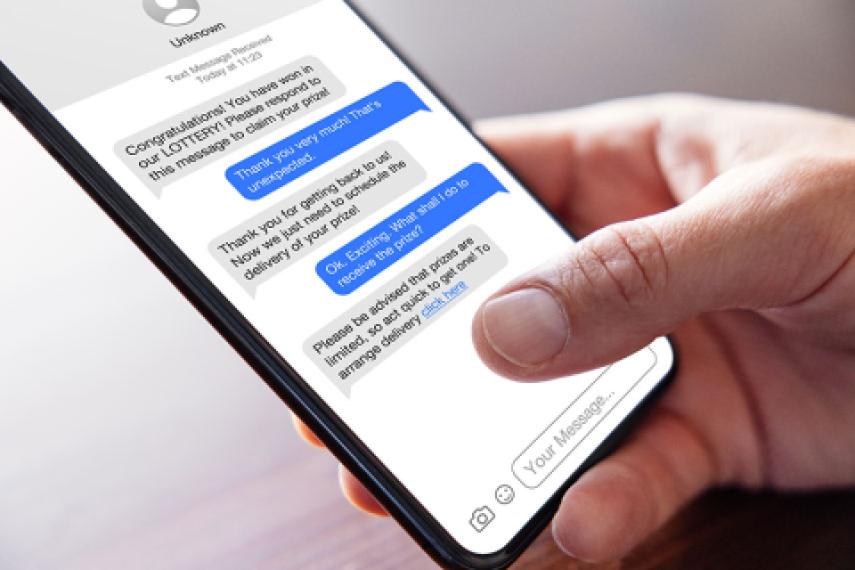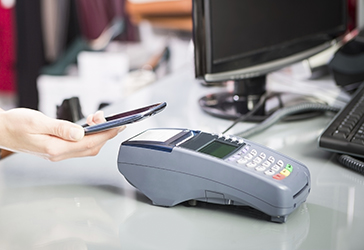
How Do Lottery Scams Work?
Lottery scams usually begin with a message—an email, phone call, or text—claiming that you've won a large sum of money in a lottery or sweepstakes. The message might look official, complete with logos and legal jargon. But there's a catch: to claim your prize, you're asked to pay a fee or provide personal information, like your bank account details or Social Security number.
Red Flags to Watch Out For
- Unentered Lotteries: If you’re told you’ve won a lottery you didn’t enter, it’s likely a scam.
- Upfront Fees: Legitimate lotteries never ask for payment to claim a prize. Any request for fees is a red flag.
- Personal Information Requests: Scammers may ask for personal or financial details—don’t share them.
- Urgency: Scammers often pressure you to act quickly to avoid losing the "prize."
How to Protect Yourself
- Stay Skeptical: Question unexpected winnings and offers that seem too good to be true.
- Guard Your Information: Never share personal or financial details with unknown contacts.
- Verify Independently: Contact the lottery directly using verified contact information, not what's provided in the suspicious message.
- Report Scams: If you suspect a scam, report it to local authorities or the FTC.
Remember, no legitimate lottery will ask you to pay money or share sensitive information to claim a prize. Stay alert, trust your instincts, and if in doubt, don’t hesitate to seek advice. Your safety and security are worth more than any jackpot!
Copyright





